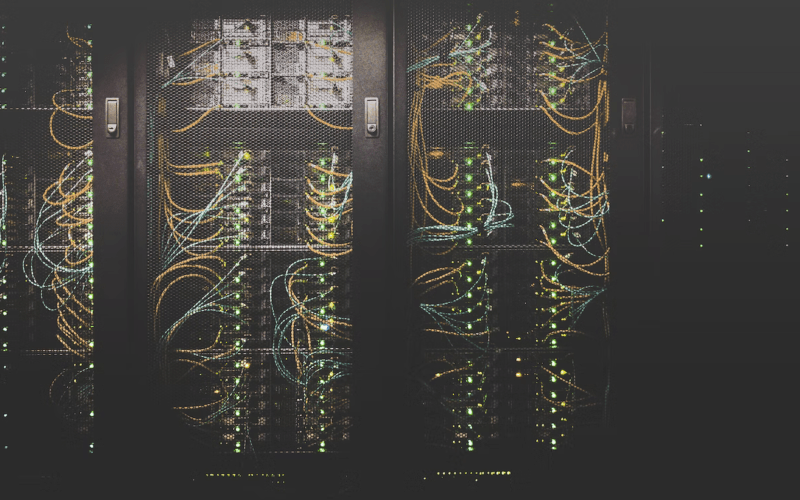
Has the law in Australia kept up with the needs of online spaces? Have efforts been made to keep Australians safe from issues that are specific to digital spaces in an age that appears to be dominated by them?
“No” is probably the knee-jerk reaction for many internet denizens, which is understandable when online space evolves so rapidly and legal solutions seem to always be several steps behind whatever the current online reality is. However, there have been attempts to breach the gap in legislation and it’s helpful to know what is and isn’t being handled in our courts currently.
An Example: Copyright
Anyone who has spent any time online knows one of the most prevalent ways the legal sphere overlaps with the online one, Youtube copyright take-downs, which are almost infamous at this point.
As the host of seemingly endless content, Youtube is in a unique position when it comes to copyright. As the company doesn’t upload or create videos themselves only hosting independent creators’ work, and with their catalogue as large as it is and continuing to expand every day, the manual review of every upload is impossible. This came to a head with the copyright take-down policy supported by the American DMCA laws which puts the onus to find and report the issue to copyright holders and releases youtube of any wrong-doing if they respect the take-down notice and block and demonetize the suspect video upon notification.
The issues with this system are obvious, with many creators relying on revenue from their videos to support themselves, taking down a video can affect their ability to survive. To avoid liability Youtube almost always respects these take-downs putting creators at risk even when they haven’t broken any copyright laws as copyright owners can submit a takedown if they simply dislike the content being made about their work, with the knowledge the content will at least be suppressed for a period of time before the claim can be disputed and revoked.
Beyond that many larger corporations use programs to digitally sort for any content using their works such as short clips of music or video often used in reviews and submit claims automatically without any humans checking if the work is covered under fair use.
This isn’t news to anyone, these practices are so well known a strategy for counterprotesters now is to loudly play copyrighted music from large companies known for takedowns, like Disney, while protesters are speaking so those speeches cant be uploaded and disseminated after the protest.
Of course, there isn’t really a simple solution to this, asking Youtube to take on liability would mean the same for all of the largest platforms, and placing on them an expectation to monitor all of their millions of users, but currently, their ability to dodge liability puts those users at risk of SLAPP lawsuits and disruptions to their income.
Online legality is complicated by issues like this in almost every sphere which makes the legislation of internet spaces endlessly complicated. Not to mention that all of this is complicated further when you consider that many cases are international with plaintiffs and defendants often living in different countries with entirely different laws.
Current Attempts
The situation isn’t helpless though, there have been Australian attempts to combat injustice online. An E-safety Commissioner has been set up and while initially created to promote web safety amongst children, it now also functions to allow reports of online offences. The Government Webpage is actually quite well-made and is incredibly clear with its information. The usability of this site is fantastic as it gives victims of online crimes a real way to pursue justice for themselves and allows them to enter the correct investigative channels quickly which can decrease how far an image or other harmful content can spread before it is taken down.
Australia also signed the Christchurch Call, an international summit pledge hosted by New Zealand after the Christchurch Terrorist attack which was filmed and posted online. The Pledge asked the involved countries to commit to cracking down on illegal activities online specifically harmful content.
There have also been a number of Online Safety Acts enacted by the government, the latest of which being the Online Safety Act 2021 which came into effect at the end of January 2022. This covers a number of situations that have only become possible because of Internet Technology.
There has also always been a focus on child protection with collaboration between departments to ensure online grooming behaviour is illegal and prosecutable, as well as attempts to shut down trafficking routes enabled by online forums.
This work towards more comprehensive laws around online behaviour means that those in various professional Australian law jobs are looking at a rapidly changing sector and opportunities for new career trajectories.
So, Has the Law Kept Up?
The short answer is no. While the legislation in place is a good step, but any victim of online harassment or other injustice can tell you the legal sphere simply isn’t in step with the reality of what is going on online.
But it can help to know that there are some channels out there and Australians aren’t left entirely alone when these things happen. Recognition of things like revenge porn legally is huge as it allows victims to seek compensation for things they previously had no recourse for.
As it stands many are still left to the mercy of the platform holders with little to do to protect themselves as participation in online spaces becomes more necessary for daily life. We can only hope a new generation of lawyers who grew up in these online spaces will be more equipped to handle the new realm of crime technology has created.
Chris Pritchard is an Australian freelance writer with an emphasis on politics and video game analysis with a background in both design and fashion.





